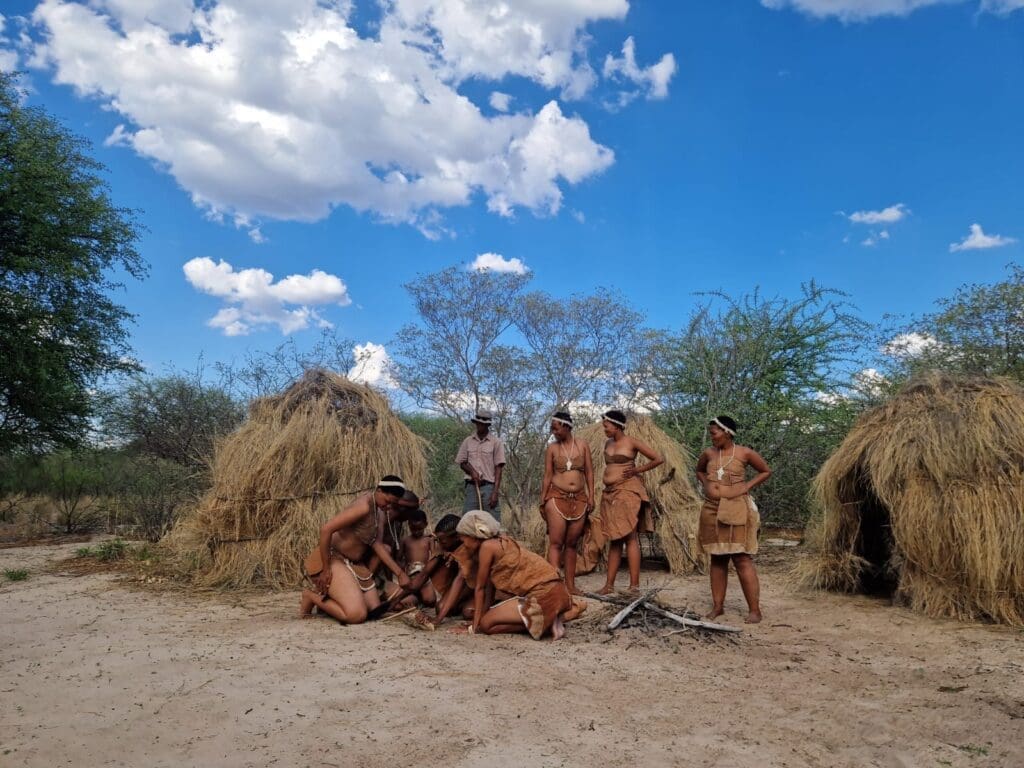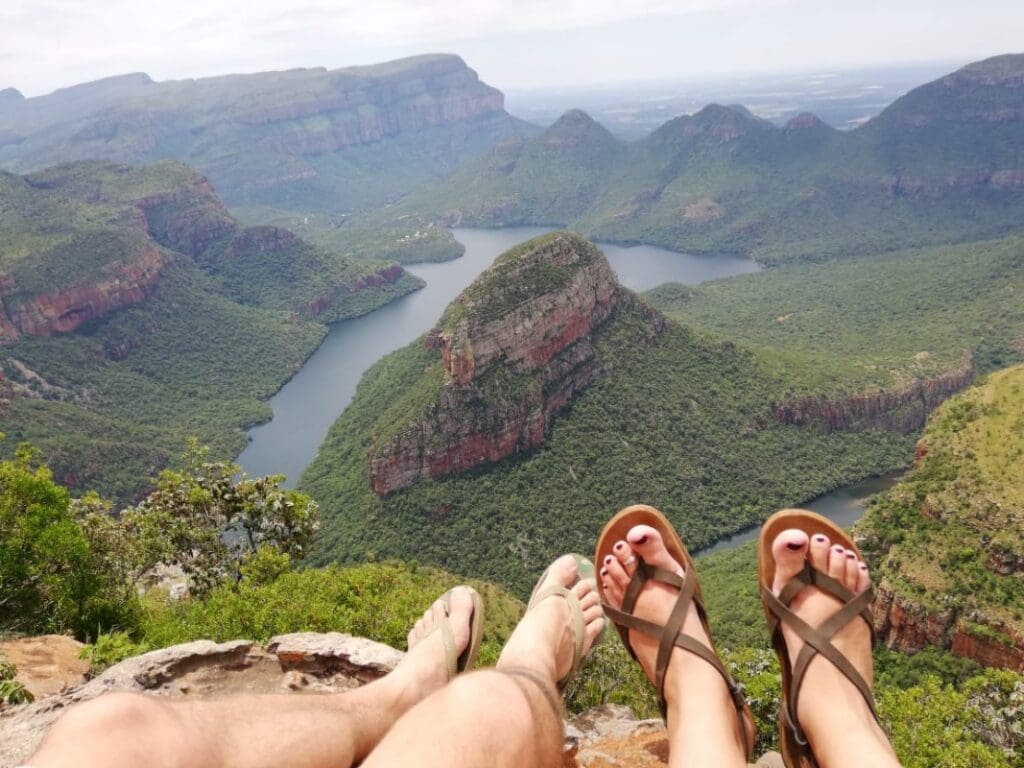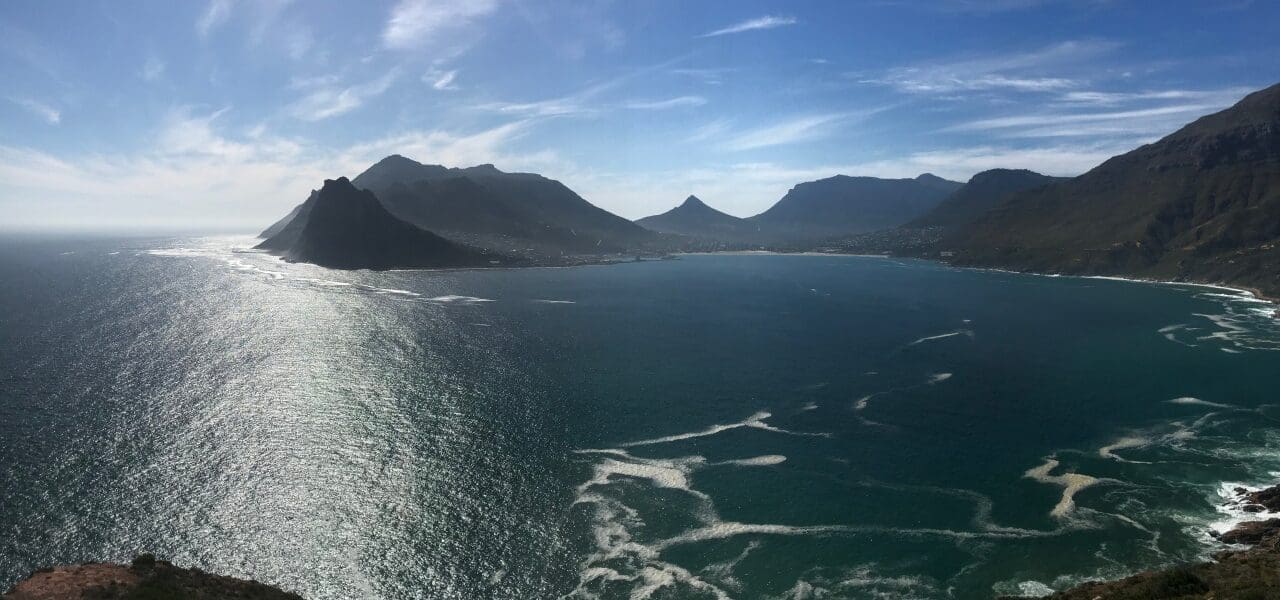Discover The Republic of South Africa: A Nation of Diversity, History, and Natural Beauty
The Republic of South Africa, often referred to as the “Rainbow Nation,” is a country known for its vast diversity, both in terms of its people and its landscapes. This diversity is a reflection of the country’s complex history, its dynamic economy, and its varied natural beauty. From the rolling vineyards of the Western Cape to the savannahs teeming with wildlife in the north, the country offers a wealth of experiences for those who visit and those who call it home. In this detailed exploration, we will delve into key aspects, including its historical evolution, economic sectors, political landscape, population groups, conservation efforts, and travel highlights, each contributing to the unique identity of this remarkable nation.
Republic of South Africa: A Brief Overview
Officially the Republic of South Africa (RSA), is located at the southern tip of Africa. It is bordered by Namibia, Botswana, Zimbabwe to the north, and Mozambique to the east, while its southern boundary is defined by the Atlantic and Indian Oceans. The country’s history and culture are as rich and varied as its geography, and understanding its past is crucial to appreciating its present.
Pre-Colonial Era: The Indigenous Peoples
Long before European settlers arrived, South Africa was inhabited by various indigenous groups, each with their distinct cultures and languages. These groups, such as the Khoisan, Zulu, Xhosa, and Sotho peoples, lived in diverse environments ranging from the coastal regions to the inland plateaus and mountains. The Khoisan people, who are among the earliest inhabitants, are famous for their hunter-gatherer lifestyle and their unique languages, including the distinctive “click” sounds.

In addition to these groups, South Africa was home to powerful kingdoms and societies. One of the most prominent was the Zulu Kingdom, founded in the early 19th century under the leadership of Shaka Zulu. Shaka’s military innovations and expansionist policies solidified the Zulu as one of the most powerful forces in Southern Africa, leaving a lasting legacy in the region.
The Xhosa people, another significant group, also formed powerful chiefdoms in the eastern part of the country. The history of these and other groups forms the bedrock of South Africa’s cultural diversity and complexity.
The Colonial Era: The Arrival of Europeans
The first significant European influence in South Africa came in 1652 when the Dutch East India Company established a refreshment station at the Cape of Good Hope. This marked the beginning of European colonization. The Dutch settlers, known as the Boers (farmers), established farming colonies that would later form the basis for Afrikaner culture.
In 1806, the British took control of the Cape Colony, leading to tensions with the Boers, who resisted British rule. These tensions escalated in the late 19th century, especially with the discovery of vast mineral resources, such as diamonds in 1867 and gold in 1886. These discoveries attracted large numbers of settlers, both British and foreign, leading to conflicts between the British and the Boer settlers, culminating in the Anglo-Boer War (1899-1902). This war was a defining moment in South Africa’s history, as it resulted in British victory and the unification of South Africa in 1910 under British dominion.
Apartheid Era: Institutionalized Racism and Resistance
The end of the Anglo-Boer War laid the groundwork for the establishment of the Union of South Africa in 1910, which was governed by a system that heavily favored the white minority population. By 1948, the National Party, which represented the Afrikaner political interests, came to power and instituted the policy of apartheid—a system of racial segregation that legally enforced the separation of races in all aspects of life, including education, employment, and public facilities.
Under apartheid, the country’s non-white population was subjected to harsh discrimination, with millions forcibly relocated to “homelands” and townships. The struggle against apartheid became one of the most significant movements of the 20th century, drawing attention from across the world. Figures like Nelson Mandela, Desmond Tutu, and Steve Biko led the resistance, often at great personal cost. The anti-apartheid movement was not only a struggle for political change but also a fight for human dignity and equality.
Post-Apartheid Era
The fall of apartheid began in the 1980s, culminating in 1994 with the country’s first democratic elections. Nelson Mandela, who had spent 27 years in prison for his anti-apartheid activism, became the country’s first black president. The end of apartheid marked a new chapter in history, characterized by efforts to reconcile the deeply divided nation and address the social and economic injustices that had been entrenched during the apartheid era.
However, the post-apartheid period has been marked by ongoing challenges. Despite progress in areas such as education, healthcare, and political stability, the country continues to grapple with high levels of poverty, inequality, and unemployment. The legacies of apartheid still shape the country’s social and economic landscape, with significant disparities between different racial and economic groups.
South Africa’s Key Economic Sectors
South Africa has a diverse and highly developed economy, which is one of the largest in Africa. Its wealth is drawn from a variety of sectors, each contributing to the country’s economic vitality.
- Mining and Minerals
Rich in mineral resources, mining has long been a cornerstone of its economy. The country is the world’s largest producer of platinum and has significant reserves of gold, coal, and diamonds. The mining sector remains a crucial part of South Africa’s GDP, providing jobs and contributing to export revenues. Despite its importance, the industry faces challenges such as labor disputes, environmental concerns, and the need for modernization.
- Agriculture
Agriculture plays an important role in the economy, both for domestic consumption and export. The country is a major producer of a variety of crops, including maize, sugarcane, citrus fruits, and wine grapes. Known worldwide for its wine production, particularly from regions like the Western Cape, where the fertile soil and favorable climate contribute to high-quality wines.
- Manufacturing
South Africa has a diversified manufacturing sector, which includes industries such as automotive, textiles, chemicals, and food processing. The automotive industry, in particular, is one of the largest in Africa, with several global manufacturers, including Volkswagen and Toyota, operating in the country. The country’s manufacturing capacity is essential to its economic development and trade relationships.
- Services
The services sector is the largest contributor to its GDP, with finance, real estate, tourism, and telecommunications playing key roles. Johannesburg is often referred to as the economic hub of the country, with its thriving financial district, which includes the Johannesburg Stock Exchange, one of the largest in the world.
- Tourism
Tourism is a rapidly growing sector, with millions of visitors flocking to the country each year. South Africa’s diverse attractions, from the stunning natural beauty of its landscapes to its rich cultural history and vibrant cities, make it a popular destination. Highlights include safaris in Kruger National Park, visits to Cape Town’s Table Mountain, and exploration of the historical sites in Johannesburg.

South Africa’s Political Landscape
A constitutional democracy, and its political landscape is shaped by a multiparty system. The African National Congress (ANC), the party that led the struggle against apartheid, has been the dominant political force since the country’s first democratic elections in 1994. However, South Africa’s political scene is highly dynamic, with other parties like the Democratic Alliance (DA) and the Economic Freedom Fighters (EFF) playing important roles in national and provincial politics.
- Government Structure
The government is based on a three-tier system: national, provincial, and local. The President is both the head of state and the head of government, elected by the National Assembly. The country’s Parliament consists of two chambers—the National Assembly, which is made up of 400 members, and the National Council of Provinces, which represents the country’s provinces.
- Political Challenges
While South Africa has made significant strides since the end of apartheid, it faces numerous political challenges, including corruption, service delivery protests, and governance issues. Transparency and accountability remain central concerns, with the media and civil society playing key roles in holding politicians and public institutions to account.
South Africa’s Population Groups
South Africa is a nation of diverse ethnic groups, languages, and cultures. Its population includes Black Africans (the majority group), Coloureds (people of mixed race), Whites (descendants of European settlers), and Indians/Asians (descendants of laborers brought by the British).
- Ethnic Diversity
The ethnic makeup of South Africa reflects the country’s complex history. Black Africans are divided into various groups, including Zulu, Xhosa, Sotho, Tswana, and others, each with its distinct languages, customs, and traditions. Coloureds, Whites, and Indians each have their unique cultural influences, contributing to the country’s rich cultural mosaic.
- Languages
South Africa recognizes 11 official languages, including Zulu, Xhosa, Afrikaans, English, and Sotho, among others. English is the most widely spoken language and serves as the language of business and government, while other languages are spoken in daily life and cultural contexts.
- Religion
South Africa is a multi-religious society, with Christianity being the predominant faith. Other religions practiced in South Africa include Islam, Hinduism, Judaism, and traditional African beliefs. The country’s religious diversity adds to its rich cultural fabric.
South Africa’s Conservation Efforts
South Africa is home to some of the world’s most iconic wildlife and natural landscapes. As such, the country has made significant efforts to protect its biodiversity and promote conservation.
South Africa boasts numerous national parks and game reserves, including the famous Kruger National Park. These parks protect some of the world’s most endangered species and are critical for preserving the country’s natural heritage. Other notable parks include the Addo Elephant National Park and the Western Cape’s Table Mountain National Park.
- Biodiversity
The country’s varied landscapes support a wealth of biodiversity. From the coastal fynbos ecosystems of the Western Cape to the arid Karoo, South Africa is home to a wide range of plant and animal species. The Cape Floral Kingdom, one of the world’s six floral kingdoms, is particularly notable for its endemic plant species.
- Conservation Challenges
Despite its successes, South Africa faces significant challenges in conservation, including poaching, habitat loss, and the effects of climate change. The country has implemented various initiatives to combat these issues, including anti-poaching measures, habitat restoration projects, and community-based conservation efforts.
Travel Highlights in South Africa
South Africa is a top destination for tourists, offering a diverse range of experiences.
- Cape Town
Cape Town is a must-visit destination, known for its stunning natural beauty, including Table Mountain, the V&A Waterfront, and Robben Island, where Nelson Mandela was imprisoned. The city’s rich cultural scene and the nearby Cape Winelands are also major attractions.
- Johannesburg
Johannesburg, South Africa’s largest city, is the economic heart of the country. It also offers rich historical experiences, such as the Apartheid Museum, and vibrant urban spaces like Soweto and the Sandton district.
- Durban
Durban is famous for its beautiful beaches and subtropical climate. The city is a melting pot of cultures, with Indian influences that are evident in its cuisine and markets. uShaka Marine World is a popular attraction for families.
- Garden Route and Drakensberg
The Garden Route is one of the most scenic drives in the world, with highlights such as the Knysna Lagoon and Plettenberg Bay. The Drakensberg Mountains offer breathtaking views and opportunities for hiking and exploring ancient rock art.
For those seeking adventure, South Africa is a premier destination for wildlife safaris. The Kruger National Park, Sabi Sands, and other private game reserves offer unmatched opportunities to witness the Big Five and other incredible wildlife in their natural habitat.
Conclusion
South Africa is a nation of contrasts, with its vibrant cultures, diverse landscapes, and complex history. From the struggles of apartheid to the promise of a new democracy, from its rich cultural heritage to its ongoing economic and political challenges, South Africa offers a compelling story of resilience and transformation. Whether exploring its historical landmarks, enjoying its natural beauty, or experiencing its diverse culture, South Africa promises an unforgettable journey for all who visit.
Interested in visiting South Africa? Contact Us and we will be happy to advise you on your next adventure to the African Continent?
What are the top tourist attractions in South Africa?
South Africa offers an array of attractions including the iconic Table Mountain, Kruger National Park for safaris, the historic Robben Island, and the scenic Garden Route. Additionally, the vibrant cities like Cape Town and Johannesburg are popular for their culture, shopping, and history
How do I get a visa for South Africa?
Depending on your nationality, visa requirements vary. Many visitors can apply for a visa at South African consulates or opt for an eVisa, which is available for certain countries. Make sure to check the latest visa guidelines and processing times on official government websites
What is the best time to visit South Africa?
The best time to visit depends on your interests. For wildlife safaris, the dry winter months (May to September) are ideal, while the summer (November to February) is perfect for beach vacations and exploring cities
What is the currency used in South Africa?
South Africa’s currency is the South African Rand (ZAR). It’s recommended to carry local currency for small purchases, but major credit cards are widely accepted in cities
Is it Safe to Travel to South Africa?
South Africa is a popular travel destination, known for its stunning landscapes, rich cultural heritage, and diverse wildlife. However, like many countries, it comes with certain safety concerns that travellers should be aware of.


You must be logged in to post a comment.